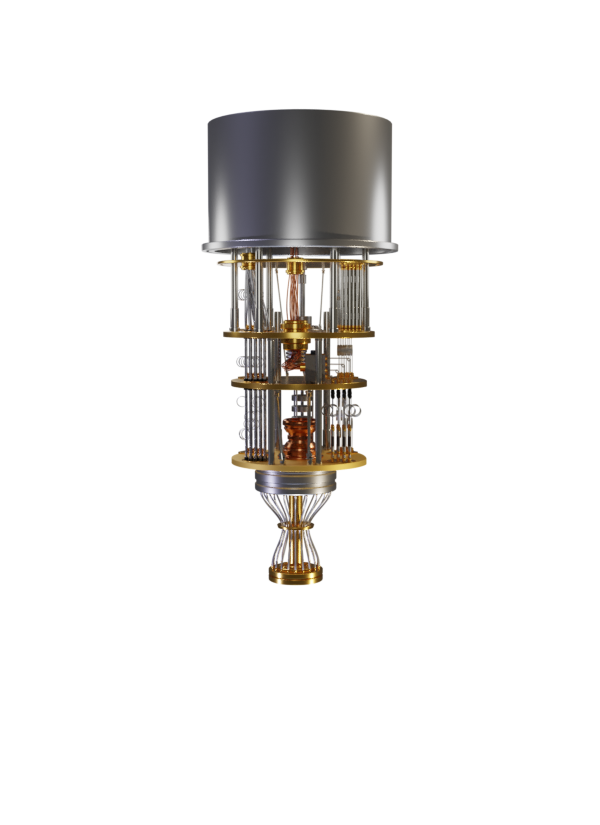A2102 Insights
Explore the latest trends and news on technology, lifestyle, and more.
Quantum Computing: The New Playground for Tech Wizards
Dive into the magic of quantum computing—where tech wizards push boundaries and unlock a new era of innovation! Discover the future now!
Understanding Quantum Supremacy: What It Means for the Future of Technology
Quantum supremacy refers to the point at which a quantum computer can perform a calculation that is practically impossible for any classical computer. This milestone was achieved in 2019 by Google's quantum processor, Sycamore, which reportedly solved a problem in 200 seconds that would take the most advanced supercomputers thousands of years to complete. Understanding quantum supremacy is crucial for grasping how it will revolutionize fields such as cryptography, drug discovery, and artificial intelligence. For further insights, you can explore this article from Nature.
The implications of achieving quantum supremacy are profound. As researchers continue to harness and improve quantum computing technologies, we can anticipate significant advancements in various sectors. For instance, in cryptography, quantum computers could potentially break current encryption protocols, prompting a shift toward quantum-resistant algorithms. In the realm of drug discovery, quantum simulations could lead to faster and more accurate modeling of molecular interactions, thus accelerating the development of new medications. To learn more about the future impact of quantum technology, check out this Forbes article.

How Quantum Computing Works: A Beginner's Guide
Quantum computing is a revolutionary approach to processing information, fundamentally different from classical computing. At its core, it utilizes the principles of quantum mechanics, the science that describes the behavior of matter and energy at the smallest scales. Traditional computers use bits as the basic unit of data, which can exist in either a 0 or 1 state. In contrast, quantum computers use qubits, which can represent both 0 and 1 simultaneously due to a property known as superposition. This enables quantum computers to process vast amounts of data at once, exponentially increasing their computational power compared to classical counterparts.
Moreover, quantum computing leverages another phenomenon called quantum entanglement, where qubits become interconnected in such a way that the state of one qubit can depend on the state of another, no matter the distance between them. This capability allows quantum computers to perform operations far more complex than what is possible with classical computers. While still in the experimental stage, quantum computing holds the potential to solve problems in fields ranging from cryptography to drug discovery. To learn more, you might want to explore resources like Microsoft's Quantum Computing Research.
Is Quantum Computing the Solution to Our Current Cybersecurity Challenges?
The rapid evolution of technology has brought about significant cybersecurity challenges that threaten the integrity of our data and communications. As traditional encryption methods become increasingly vulnerable to attacks, many experts are turning their gaze towards quantum computing as a potential game-changer. Quantum computers leverage the principles of quantum mechanics to process information in ways that classical computers cannot, which may enable them to crack encryption algorithms that are currently deemed secure. However, the flip side of this capability is that they could also offer revolutionary advancements in the field of cybersecurity, developing new algorithms that could, in principle, provide unbreakable encryption through quantum key distribution.
Despite the promise that quantum computing holds, the transition from theory to practical application is fraught with challenges. Researchers are currently exploring post-quantum cryptography as a means to create encryption methods that can withstand quantum attacks, ensuring that our digital landscape remains secure. While quantum computing is still in its infancy and is not yet capable of posing an immediate threat to existing security protocols, the convergence of these technologies invites a discussion on future-proofing cybersecurity strategies. As we contemplate the implications of quantum advancements, it's imperative to stay informed and prepared for the cybersecurity challenges that lay ahead.